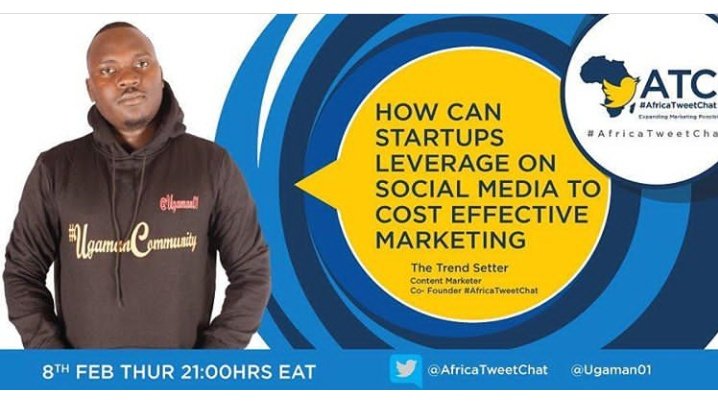Let’s call this Twitter Criminal Defense 101.
First some background: A law cannot be enforced if it is “unconstitutionally vague.”
Unonstitutionally vague means the law fails to provides fair notice of what’s prohibited.
Remember the Mueller indictment against the 13 Russians & 3 Russian companies for engaging in a large, well funded conspiracy to sway the 2016 election?
More here👇scroll down
russia-investigation-summary.com
law.cornell.edu/uscode/text/18… …
Concord filed a motion to dismiss the charge alleging that, among other things, 371 is constitutionally vague.
(It's a Hail Mary motion. SCOTUS has already upheld 371.)
#1: The defendants entered an agreement
#2: to obstruct a function of the government
#3: by deceitful or dishonest means
#4: and at least one act was taken in furtherance of the conspiracy.
lawfareblog.com/document-judge…
Generally a criminal conspiracy means agreeing to do something illegal.
Concord argues that there's no specific law against “interfering in an election,” so conspiring to do so can't be a crime.
It’s enough that deceit was used, and that the intent was to thwart a function of the US government by means of that deceit.
courthousenews.com/wp-content/upl…
The legal term is still “conspiracy.”
Think of it as a wide net that can catch lots of people.






